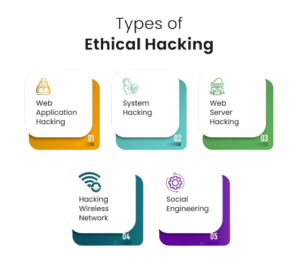Medical Coding Institute Kerala: Your Gateway to a Lucrative Healthcare Career
In the dynamic landscape of healthcare, medical coding plays a crucial role in ensuring accurate billing, efficient reimbursement processes, and maintaining compliance with regulatory standards. As the demand for skilled medical coders continues to rise, enrolling in a reputable medical coding institute becomes paramount, especially in regions like Kerala, known for its excellence in education and healthcare services.

Introduction to Medical Coding
These codes are essential for streamlining medical billing processes and facilitating communication between healthcare providers, insurance companies, and government agencies.
Importance of Medical Coding Institute in Kerala
Why choose Kerala for medical coding training?
Kerala, renowned for its high literacy rate and quality education infrastructure, offers an ideal environment for pursuing medical coding courses. The state boasts several reputable institutes that provide comprehensive training programs tailored to meet the industry’s evolving demands.

Factors to Consider When Choosing a Medical Coding Institute
Before enrolling in a medical coding institute, it’s essential to evaluate various factors to ensure a fulfilling learning experience and career prospects.
Accreditation
Look for institutes accredited by recognized bodies such as AHIMA (American Health Information Management Association) or AAPC (American Academy of Professional Coders).
Curriculum
Ensure that the curriculum covers essential topics such as anatomy, medical terminology, coding guidelines, and software proficiency.
Faculty Expertise
Check the qualifications and industry experience of the faculty members to ensure quality instruction and mentorship.
Job Placement Assistance
Choose institutes that offer career guidance, internship opportunities, and job placement assistance to kickstart your career in medical coding.
Top Medical Coding Institutes in Kerala
Kerala is home to several esteemed medical coding institutes known for their excellence in education and industry relevance.
Overview of Medical Coding Training Programs
Medical coding training programs vary in duration, content, and certification options. Understanding these aspects can help you choose the program that aligns with your career goals.
Duration
Training programs may range from a few months to a year, depending on the depth of coverage and certification requirements.
Course Content
Courses typically cover topics such as ICD (International Classification of Diseases) coding, CPT (Current Procedural Terminology) coding, and healthcare compliance.
Certification Options
Consider programs that offer certification exams such as CPC (Certified Professional Coder) or CCS (Certified Coding Specialist) for enhancing your credentials.
Benefits of Pursuing Medical Coding Courses in Kerala
Career Opportunities
Medical coding professionals are in high demand across healthcare facilities, insurance companies, and consulting firms, offering abundant career opportunities.
Salary Potential
With the right skills and certifications, medical coders can enjoy competitive salaries and potential for career advancement.
Flexibility
Medical coding careers offer flexibility in terms of work settings, including opportunities for remote work and part-time employment.
Testimonials from Students or Professionals
“Lorem ipsum dolor sit amet, consectetur adipiscing elit. Nullam eget urna at felis convallis condimentum ut ac est.”
Challenges in Medical Coding Training
Mastering coding guidelines and staying updated with industry changes can pose challenges for aspiring medical coders.
Tips for Success in Medical Coding Courses
Stay organized, practice regularly, seek mentorship, and stay updated with industry news and coding updates.
Conclusion
Choosing the right medical coding institute in Kerala can pave the way for a rewarding career in healthcare. By considering factors such as accreditation, curriculum, and job placement assistance, aspiring medical coders can embark on a journey towards professional success.








































